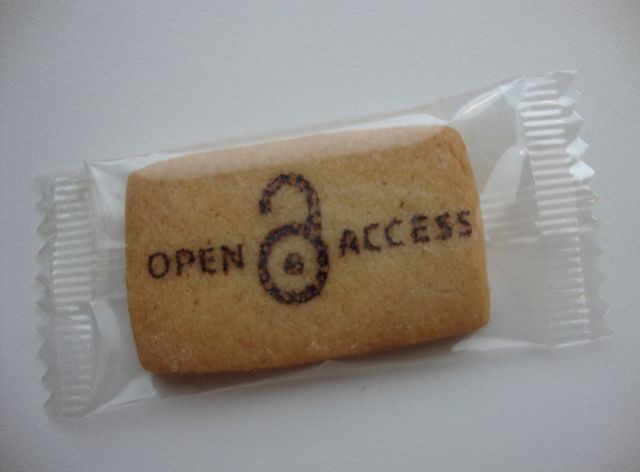Universities and Elsevier come to an agreement on Open Access
Dutch organisations of higher education have reached an agreement with publishing house Elsevier on Open Access. As a result, almost all new scientific publications from the Netherlands will be automatically free to read.
This was announced last week by the Association of Universities in the Netherlands (VSNU), the Netherlands Federation of University Medical Centres (NFU), the Dutch Research Council (NWO), the Royal Netherlands Academy of Arts and Sciences and the Association of Universities of Applied Sciences. According to the contract, which is published online in its entirety, the parties pay Elsevier over €80 million for the new agreement.
The new agreement applies to all articles offered by scientists for publication in Elsevier journals between 1 January this year and 31 December 2024. Elsevier is one of the world’s leading publishers of scientific journals, including top medical journals such as The Lancet and Cell. Elsevier does not own all the top magazines; top journals Nature and Science, for instance, are owned by other publishers.
Paywall
The knowledge institutes and NWO have been collaborating for years to make scientific publications available for free through Open Access. Currently, many articles are hidden behind a paywall, while the research more often than not was publicly funded. The institutions try to get publishers to switch to a model in which researchers pay so-called ‘processing costs’ for editorial work and design when they publish an article, rather than when they want to read a publication.
In the agreement, the parties have agreed that 95% of Dutch scientific articles in Elsevier journals will now be available through Open Access (The Lancet and Cell are not included in this group, for now); we strive to increase this to 100% soon. Previously, this percentage was around 30%.
No publishing costs
Researchers won’t have to pay a separate publication fee; these costs have been bought off by the institutions as part of the agreement. Scientists working at the knowledge institutes will also have access to all publications published in other Elsevier journals.
Finally, the institutions and Elsevier have agreed that they are going to work together to see how research information, such as research data, can be better shared, between scientists and with the public. They will be developing pilots for this in the next few months.
‘This agreement will make a huge contribution to scientific progress’
The parties involved call the agreement – based on a ‘framework agreement’ that was concluded last December – unique in the world. In the press release, Rector Tim van der Hagen of the TU Delft and chief negotiator on behalf of the VSNU, talks of ‘a breakthrough’. NFU negotiator Hans Romijn (Amsterdam UMC) states: ‘This agreement will undoubtedly make a huge contribution to scientific progress and, more importantly, to better treatments for our patients.’




